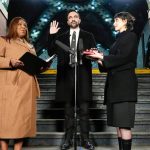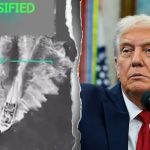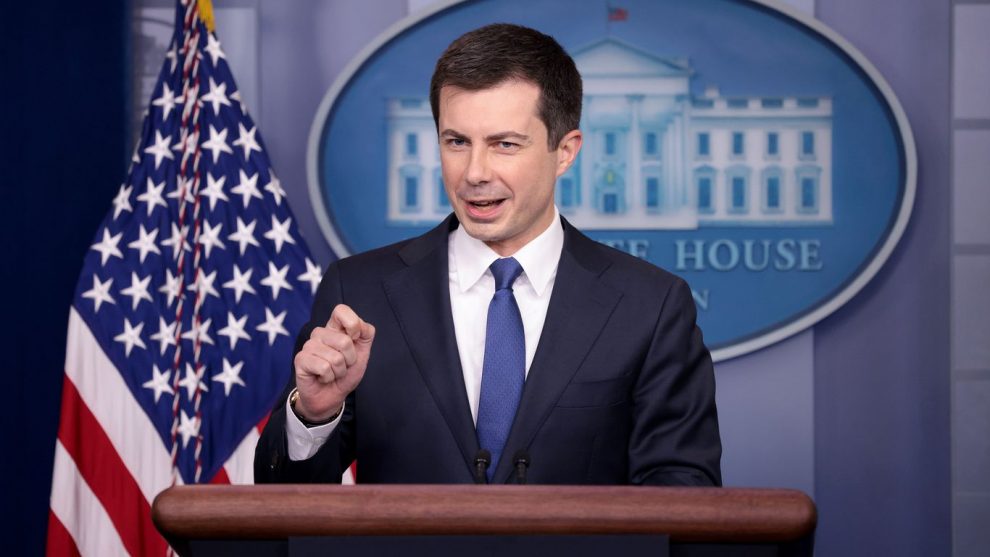Transportation Secretary Pete Buttigieg said on Monday that the Biden administration would use money from the infrastructure bill to address what he claims were racist highway designs.
Buttigieg made the remarks in response to a question from White House correspondent April Ryan, who asked him how he would “deconstruct the racism that was built into the roadways.”
“So, the principle of Justice40 is that at least 40 percent of the clean investments in this bill will go to benefit the communities that are overburdened and underserved,” Buttigieg said. “So, part one of that is defining those investments that are eligible, and that’s a lot of it, and we’re working to map out kind of program by program, mode by mode, what would qualify.”
“As to where we target those dollars, you know, I’m still surprised that some people were surprised when I pointed to the fact that if a highway was built for the purpose of dividing a white and a black neighborhood, or if an underpass was constructed such that a bus carrying mostly black and Puerto Rican kids to a beach — or that would have been — in New York was designed too low for it to pass by, that that obviously reflects racism that went into those design choices,” he claimed. “I don’t think we have anything to lose by confronting that simple reality. And I think we have everything to gain by acknowledging it and then dealing with it, which is why the Reconnecting Communities — that billion dollars — is something we want to get to work right away putting to work.”
Reporter @AprilDRyan to @PeteButtigieg: “Can you give us the construct of how you will deconstruct the racism that was built into the roadways? … Can you talk to us about how that could be deconstructed?” pic.twitter.com/FXXEq5tuQL
— Tom Elliott (@tomselliott) November 8, 2021
TRANSCRIPT PROVIDED VIA THE WHITE HOUSE:
APRIL RYAN, BLOGGER: Secretary — Secretary Mayor Pete, could you give us the breakdown of the implementation of Justice40 with the infrastructure package that has now passed and signed into law? And also, can you give us the construct of how you will deconstruct the racism that was built into the roadways that you talked to TheGrio earlier when you broke that information with us? Can you talk to us about how that could be deconstructed?
PETE BUTTIGIEG, SECRETARY OF TRANSPORTATION: For sure, yeah. So, the principle of Justice40 is that at least 40 percent of the clean investments in this bill will go to benefit the communities that are overburdened and underserved.
So, part one of that is defining those investments that are eligible, and that’s a lot of it, and we’re working to map out kind of program by program, mode by mode, what would qualify.
For example, if we’re buying clean buses — right? — how do we make sure in terms of where those buses go, but also looking at the business opportunity — the jobs that are going to be created, the businesses that will have a chance to compete for the business opportunities it creates. That too, I think, is a very important element of equity here that’s in the spirit of Justice40.
And again, we have a lot of guidance and oversight from the White House since that’s an administration-wide initiative, but we know that we’ve got to build our own internal, kind of, ways of aligning and defining that inside the administration.
As to where we target those dollars, you know, I’m still surprised that some people were surprised when I pointed to the fact that if a highway was built for the purpose of dividing a white and a Black neighborhood, or if an underpass was constructed such that a bus carrying mostly Black and Puerto Rican kids to a beach — or that would have been — in New York was designed too low for it to pass by, that that obviously reflects racism that went into those design choices.
I don’t think we have anything to lose by confronting that simple reality. And I think we have everything to gain by acknowledging it and then dealing with it, which is why the Reconnecting Communities — that billion dollars — is something we want to get to work right away putting to work.
RYAN: But that’s such a heavy lift. I mean, you’d have to reconstruct communities that this happened to. As you said, some of these beltways and interstates and roadways were built before the Civil Rights Act, before the Voting Rights Act, and were made — meant to be racist. But how do you go about redefining and replanting these roadways and communities that are already settled in since then?
BUTTIGIEG: Yeah. So, what’s interesting is it’s going to vary by community and we have to listen to the community. Sometimes it really is the case that an overpass went in a certain way that is so harmful that it’s got to come down or maybe be put underground.
Other times, maybe it’s not that way. Maybe the really important thing is to connect across it; to add rather than subtract. And that’s where we don’t want to impose a one-size-fits-all answer from here.
But when we were out in Syracuse, for example, looking at I-81, we saw the local vision for how they want to get past those divisions. And those local ideas are going to be taken very seriously as we try to meet the spirit of this law.
Story cited here.























